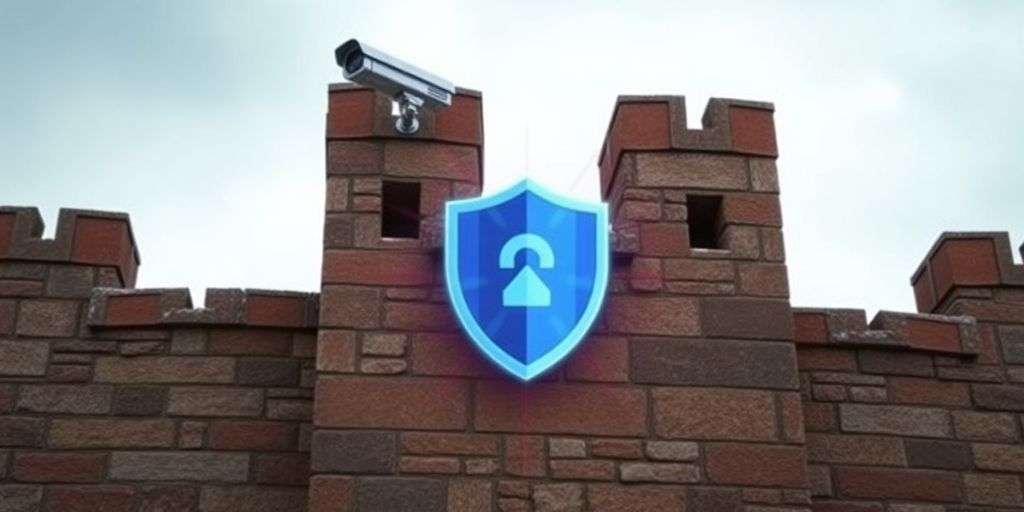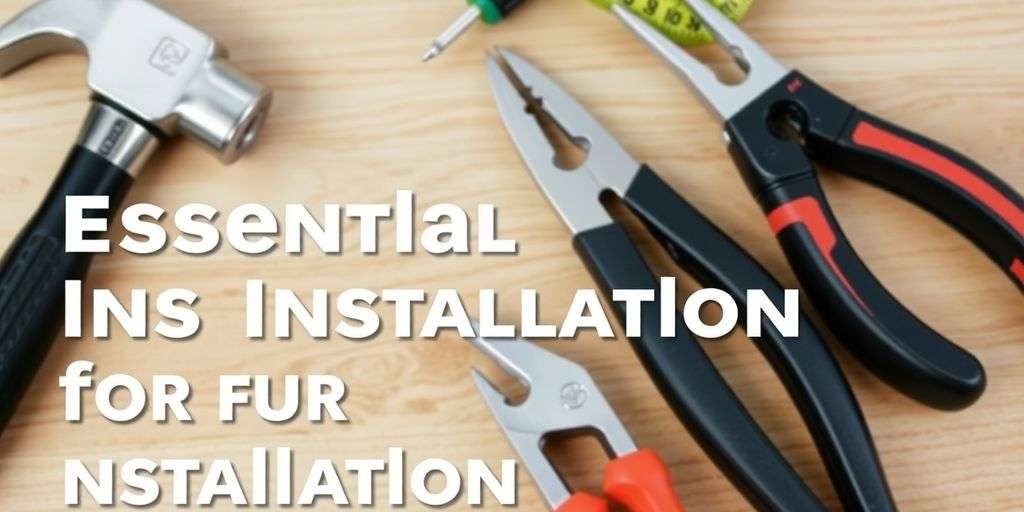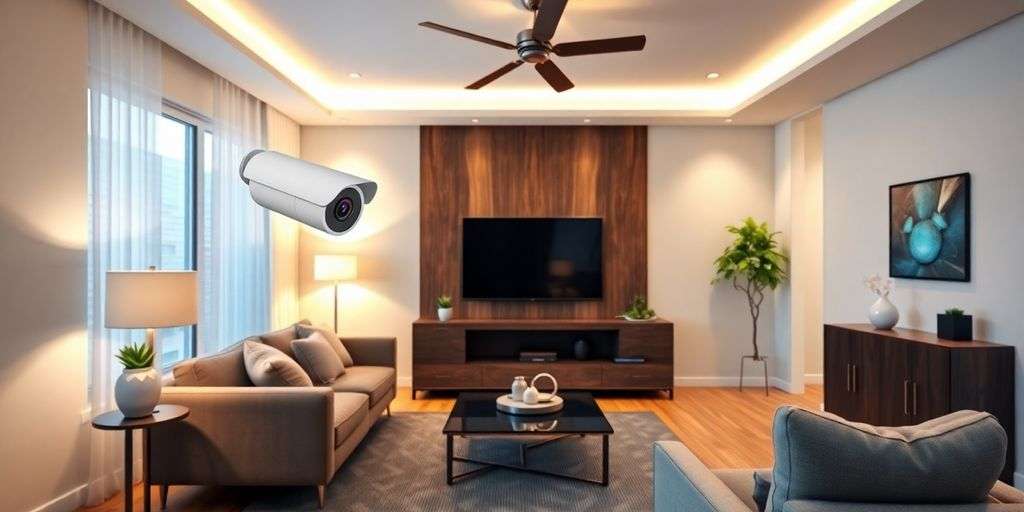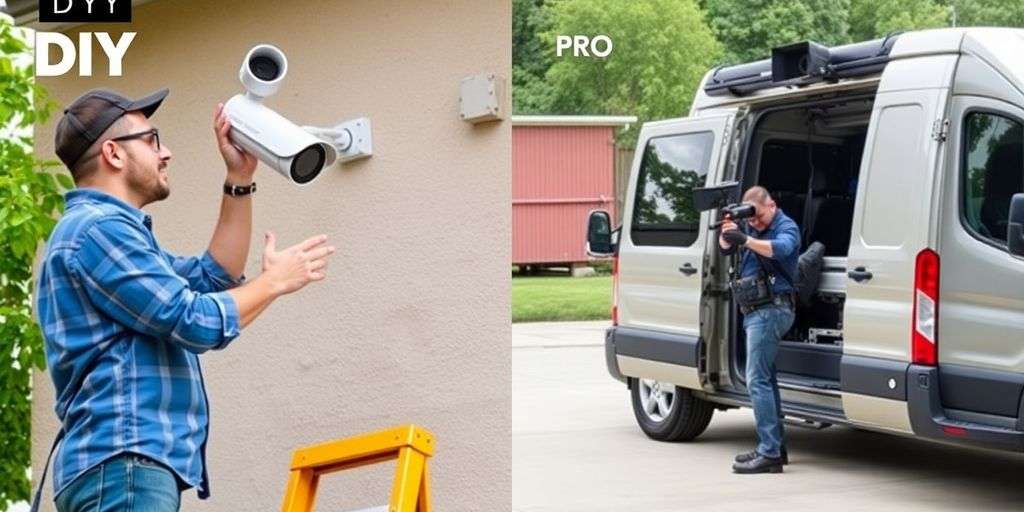Building a Strong Digital Defence

Isolating Your CCTV Network
To enhance the security of your CCTV system, it is crucial to keep your cameras separate from public networks. This isolation acts as a protective barrier, making it significantly harder for unauthorised users to access your system. A well-isolated network is your first line of defence against potential threats.
Implementing a Robust Firewall
A strong firewall is essential for monitoring and controlling the traffic that enters and leaves your network. It acts as a gatekeeper, blocking unauthorised access while allowing legitimate traffic through. Here are some key points to consider when setting up your firewall:
- Ensure it is properly configured to philtre out harmful traffic.
- Regularly update the firewall settings to adapt to new threats.
- Monitor logs to identify any suspicious activity.
Disabling Ping Responses
Disabling ping responses can further secure your CCTV system. By doing this, your devices will not respond to ping requests, making it harder for hackers to detect your network. This simple step can significantly reduce the chances of an attack.
Changing Default Ports
Many devices come with default ports that are well-known to hackers. Changing these ports can add an extra layer of security. Here’s how to do it:
- Access your device settings.
- Locate the port settings.
- Change the default ports to less common ones.
By taking these steps, you can create a formidable digital defence for your CCTV system, ensuring that your surveillance remains secure from potential intrusions.
Enhancing Physical Security Measures
When it comes to protecting your CCTV system, ensuring physical security is just as important as digital safeguards. Here are some key strategies to enhance the physical security of your cameras:
Concealing Cables and Wires
- Hide all cables and wires connected to your cameras to prevent tampering.
- Consider routing them through walls or ceilings instead of leaving them exposed.
- This makes it harder for intruders to access these vital components.
Securing Camera Locations
- Position your cameras in hard-to-reach places to deter tampering.
- Use mounting brackets that are difficult to remove.
- Regularly check the physical integrity of your cameras to ensure they remain secure.
Regularly Checking Access Logs
- Periodically review access logs to monitor who has accessed your CCTV system.
- Look for any unusual activity, such as logins from unfamiliar IP addresses.
- If you notice anything suspicious, take immediate action to secure your system.
Prompt Action on Suspicious Activity
- If you detect any unauthorised access, act quickly:
- Change all passwords to new, secure ones.
- Log everyone out of the system to prevent further access.
- Consult your CCTV installer for expert advice if needed.
By focusing on physical security measures, you create a strong barrier against potential threats, ensuring your CCTV system remains effective and reliable.
Maintaining and Updating Your System
Changing Default Usernames and Passwords
To enhance the security of your CCTV system, it is crucial to change default usernames and passwords. Default credentials are often easily guessed, making your system vulnerable. Here are some steps to follow:
- Choose a unique username that is not easily associated with you.
- Create a strong password that includes a mix of letters, numbers, and symbols.
- Regularly update your passwords to maintain security.
Keeping Firmware and Software Updated
Keeping your firmware and software up to date is essential for protecting your CCTV system. Updates often include important security patches that close vulnerabilities. Here’s why you should stay current:
- Regular updates help defend against new threats.
- They ensure your system runs smoothly and efficiently.
- Delaying updates can leave your system exposed to hackers.
Using Encryption Everywhere
Implementing encryption across your CCTV system is vital for safeguarding your data. Here’s how to ensure your system is secure:
- Enable encryption on all devices to protect data transmission.
- Use secure protocols for remote access to your cameras.
- Regularly check that encryption settings are active and functioning.
Segmenting and Controlling Remote Access
To further secure your CCTV system, it is important to segment and control remote access. This can be achieved by:
- Creating separate networks for your CCTV system and other devices.
- Limiting remote access to only trusted users.
- Regularly reviewing access permissions to ensure they are up to date.
By maintaining and updating your CCTV system, you significantly reduce the risk of unauthorised access and enhance your overall security posture. Remember, a proactive approach is key to safeguarding your surveillance setup.
Conclusion
In conclusion, by taking smart steps to secure your CCTV system, you can rest easy knowing that your cameras are well-protected from hackers. Using strong passwords, ensuring your connections are encrypted, and regularly checking access logs are all essential practises. Additionally, if your cameras and their wires are difficult to reach, you further enhance your security. If you have any concerns about your system or need expert advice, don’t hesitate to get in touch with us. Your safety is our priority!
Frequently Asked Questions
How can I make my CCTV system safer from hackers?
To enhance the security of your CCTV system, start by isolating it from the public network. Implement a strong firewall and disable ping responses. Always change default passwords to unique ones and keep your software updated.
What should I do if I notice strange activity in my CCTV access logs?
If you see unusual access in your logs, act quickly. Change all passwords, log everyone out, and consider consulting your CCTV installer for help.
Why is it important to conceal cables connected to my cameras?
Hiding cables is crucial because visible wires can be tampered with easily. Concealing them adds an extra layer of protection, making it harder for intruders to access your system.




